Menu
During my time in the communications industry, I have found that the vast majority of public relations practitioners will identify their verbal skills as trumping their written abilities. This comes as no surprise, since these professionals spend most of their time developing relationships with the media over the phone, in-person at briefing sessions and during interviews with their clients.
Writing is still a vital skill that should not be overlooked. PR professionals should continue to refine and perfect their writing abilities, as we now have even fewer words to use to ensure our clients’ messages stand out and accurately reflects their brands.
My suggestions for improving your writing skills include the following:
Identify and articulate the true essence of the brand
When working with a client on a regular basis, you may need to step outside the brand to ensure you are identifying the most compelling media message that will guarantee that your client’s narrative and call to action is easily understood.
When creating a new press release or email pitch, remember that your audience will likely only read a couple of sentences to decide if they are interested. Do not discredit the importance of the headline and the first three sentences, and make sure your message is clearly stated at the top. Of course, you can also connect your message or offering to current events and trends to keep it topical and immediate.
Keep it concise
Maintain your reader’s interest by ensuring your messaging is concise and easy to understand. Don’t make them search through your email to learn who the client is, what they are announcing and, most importantly, why this is relevant for their audience.
Additionally, make sure your writing is not repetitive or long-winded by avoiding clichéd phrases, dry details and very technical language.
Don’t rely on spell check
While most practitioners have multiple clients with a constantly evolving set of deadlines, it is crucial to take the time to proofread all of your written materials. With the ability to check spelling and grammar instantly online, there is no excuse for typos in an email, press release or client document sent to a journalist.
Take a few minutes to review your written work before sending. Try printing out your document or even reading it out loud. You can also find a trusted coworker who can review your work and let you know if any language seems out of place or unclear.
Producing excellent writing takes practice and time, but making an effort to create compelling leads, concise language and error-free documents may be the difference between losing the interest of a media contact and developing a new long-term relationship.

Rubenstein Public Relations (RPR) is an award-winning, full-service communications agency based in New York that specializes in media relations, executive leadership, and brand building.